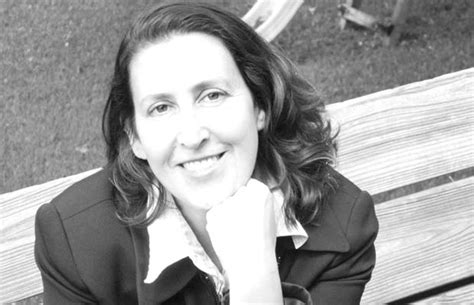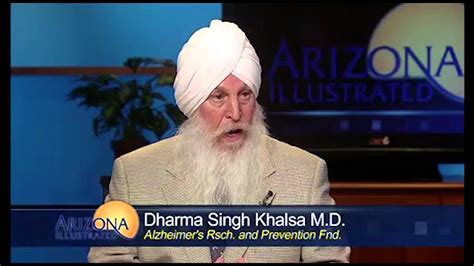A Quote by Karen Bender
Giving shape to a painful experience is powerful because it helps us to see, first, how we got through it; second, how we can share it. The experience doesn't stay trapped within us, unspoken, curdling - instead, the art of arranging and transforming it reduces the burden. It no longer belongs to only you.
Related Quotes
Writing helps us heal in certain way, but it doesn't make the experience of thinking about writing that occasion any less painful. When you revisit trauma, you don't know what's going to be triggering for you because you don't know how it's connected in your mind. So in the same way when we write something, it doesn't completely resolve the experience for us. It can feel therapeutic, but that's not the reason why I do it. I do it to ask a question, or just to find meaning.
Guru Arjun tells us that the truth we seek is within ourselves, and I agree. The answers to many of our greatest desires, needs, and longings are inside. We only need to know how to retrieve them. The most powerful vehicle for retrieving our longed for answers is applied intelligence, which is the combination of information and experience. Applied intelligence brings true wisdom because it includes experience, usually on a deep level.
Remembering that God is my source, we are in the spiritual position of having an unlimited bank account. Most of us never consider how powerful the creator really is. Instead, we draw limited amounts of the power available to us. We decide how powerful God is for us. We unconsciously set a limit on how much God can give us or help us. We are stingy with ourselves. And if we receive a gift beyond our imagining, we often send it back.
I'm such a proponent of the theatrical experience and the cinematic experience, and we've reached this point where the magicians are not only giving away their tricks, but they're telling us how they're doing the tricks in advance before you even come to the magic show. It'd be nice to get a little of the mystery back in.
It's very important for us because we are viewers, first and foremost. We view more than we make. For us, it's important that the viewing experience is fun and thrilling and exciting and fresh and different. Those are our goals when we are writing something. When you watch it in the theatre, which I hope you will, how will you have the best experience possible? That's really important to us, and is the most thrilling.
Shame usually follows a pattern—a cycle of self-recrimination and lies that claims life after life. First, we experience an intensely painful event. Second, we believe the lie that our pain and failure is who we are—not just something we’ve done, or had done to us—and we experience shame. And finally, our feelings of shame trap us into thinking that we can never recover—that, in fact, we don’t even deserve to.
If it is written and read with serious attention, a novel, like a myth or any great work of art, can become an initiation that helps us to make a painful rite of passage from one phase of life, one state of mind, to another. A novel, like a myth, teaches us to see the world differently; it shows us how to look into our own hearts and to see our world from a perspective that goes beyond our own self-interest.







































